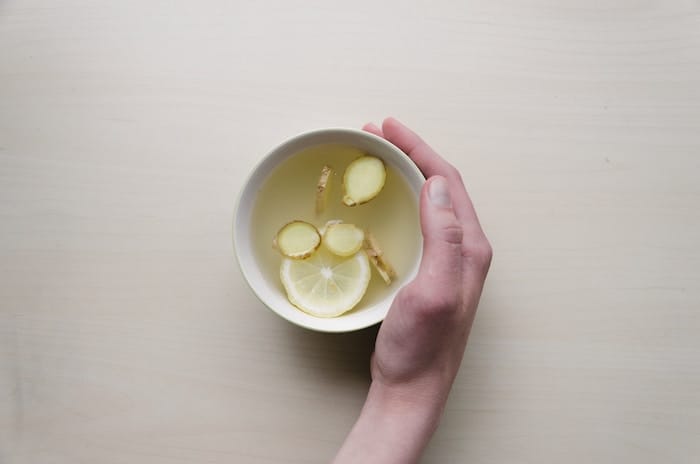
Source: Unsplash
Did you know that tea still remains one of the most popular beverages around in the US? An astonishing 1.42 million pounds of tea leaves is consumed by Americans each day, with two billion people across the globe incorporating it into their morning rituals.
Green, black, or white, with or without milk and sugar, it’s fair to say that the average American drinks an awful lot of it – and it turns out that this could be very good news for our health.
While not all teas are created equal, there are many types that come complete with an array of medicinal benefits, from having anti-anxiety effects to stabilizing blood sugar levels and reducing the risk of heart disease.
Here are a few you might want to try and the reasons why.
Cannabis tea

Source: Unsplash
In recent years, cannabidiol, or CBD, has become increasingly popular. With many claiming it alleviates everything from anxiety disorders through to acne, it provides many of the upsides of cannabis without the associated high provided by the chemical THC that is not present within CBD, and often acts as a legal alternative to the drug.
One of the ways it can be consumed is by adding it to tea. Fast-acting. Whilst this is not the fastest way of consuming cannabis, this it allows the compound to be absorbed into the marijuana tea, and ensures that it takes effect almost instantly through your digestive system. Those who are hoping to benefit from CBD’s supposed antianxiety and, antidepressant, and antipsychotic properties can expect results to last for three to four hours, according to some who’ve tried this method.
Ginseng tea
Source: Pixabay
Ginseng tea is used as a herbal remedy for many different ailments, but perhaps its most interesting quality is its ability to stabilize blood sugar levels. While this may not seem overly important on the surface, it makes it very useful as a dietary aid for those who struggle with their weight, helping in the fight against obesity. This effect is exacerbated by the fact that it also functions as an appetite suppressant. On top of this, ginseng tea is good for combatting stomach problems, constipation, and digestive disturbances.
Ginger tea

Source: Unsplash
Like ginseng, ginger tea can be used in the treatment of gastrointestinal issues. Acting as an anti-inflammatory, it is proven to relax the bowels, which can help to alleviate the symptoms of IBS. In addition, it is commonly used to combat heartburn. Preventing the esophageal sphincter from loosening, this has the effect of blocking the acid that causes the uncomfortable sensation that sufferers experience. Interestingly, there is also a small amount of research to suggest that it can reduce the loss of brain cells associated with Alzheimer’s disease.
Feverfew tea

Source: Unsplash
Tasting very much like citrus, feverfew tea is aptly named, in the sense that it can alleviate lots of common illnesses and ailments. This is because it contains an anti-inflammatory property that’s proven to combat nausea, vomiting, and migraines, as well as having fever-reducing properties that mirror the effects of aspirin. Perfect for boosting the immune system and helping to fight illness, it’s also full of vitamins A and C.
There are other types of tea like Matcha green tea, offering health benefits. You can learn more about matcha green tea benefits on the Internet. Offering plenty of proven medicinal benefits, the various types of tea can be an easy and effective way to combat many different health issues. Why not consider giving them a try the next time you’re in search of a refreshing natural remedy?
Throughout the year, our writers feature fresh, in-depth, and relevant information for our audience of 40,000+ healthcare leaders and professionals. As a healthcare business publication, we cover and cherish our relationship with the entire health care industry including administrators, nurses, physicians, physical therapists, pharmacists, and more. We cover a broad spectrum from hospitals to medical offices to outpatient services to eye surgery centers to university settings. We focus on rehabilitation, nursing homes, home care, hospice as well as men’s health, women’s heath, and pediatrics.







